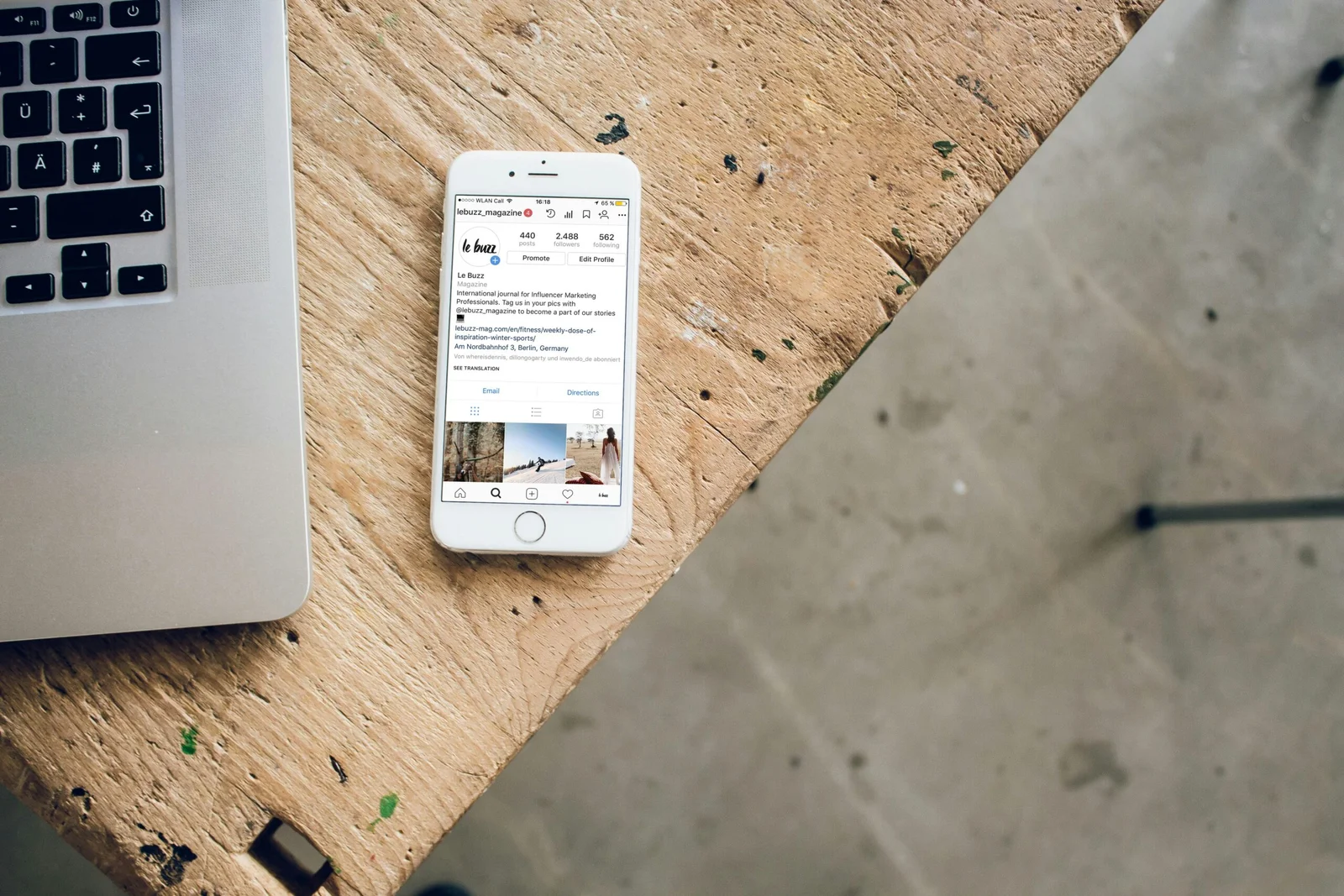Is Your Mobile Phone Spying on You? What Measures Can You Take?
In today’s digital age, mobile phones have become an integral part of our lives. We use them for communication, entertainment, and even for managing our personal and financial information. However, with the increasing capabilities of mobile technology, concerns about privacy and mobile phone spying have also grown.
Mobile spyware is a type of software that can be installed on a mobile device without the user’s knowledge or consent. It can track your location, monitor your calls and messages, and even access your personal data. This invasion of privacy can be alarming, but there are measures you can take to protect yourself and your mobile privacy.
Understanding Mobile Spyware
Before we delve into the measures you can take to protect your mobile privacy, it’s important to understand how mobile spyware works. Mobile spyware can be installed on your device through various methods, such as downloading malicious apps, clicking on suspicious links, or even through physical access to your device.
Once installed, mobile spyware can silently collect and transmit your personal information to a remote server. This information can include your location, call logs, text messages, browsing history, and even your passwords. This invasion of privacy can have serious consequences, ranging from identity theft to blackmail.
Protecting Your Mobile Privacy
Fortunately, there are several measures you can take to protect your mobile privacy and prevent your phone from spying on you. Let’s explore some of the most effective strategies:
1. Keep Your Device Updated
Regularly updating your mobile device’s operating system is crucial for maintaining security and protecting against mobile spyware. Operating system updates often include security patches that address vulnerabilities that can be exploited by spyware. Enable automatic updates on your device to ensure you’re always running the latest version.
2. Download Apps from Trusted Sources
One common method for mobile spyware to infiltrate your device is through malicious apps. To minimize the risk, only download apps from trusted sources such as official app stores like Google Play Store or Apple App Store. These platforms have strict security measures in place to detect and remove malicious apps.
3. Review App Permissions
When installing a new app, carefully review the permissions it requests. Some apps may ask for unnecessary permissions that can potentially invade your privacy. For example, a flashlight app asking for access to your contacts or location should raise a red flag. If an app’s permissions seem excessive or suspicious, it’s best to avoid installing it.
4. Use Strong and Unique Passwords
Using strong and unique passwords for your mobile device and online accounts is essential for protecting your privacy. Avoid using common passwords or easily guessable combinations. Consider using a password manager to generate and store complex passwords securely.
5. Be Cautious of Public Wi-Fi Networks
Public Wi-Fi networks can be a breeding ground for hackers and mobile spyware. Avoid connecting to public Wi-Fi networks whenever possible, especially for sensitive activities such as online banking or accessing personal information. If you must connect to a public network, use a virtual private network (VPN) to encrypt your internet traffic and protect your data.
6. Install a Reliable Mobile Security App
Installing a reliable mobile security app can provide an additional layer of protection against mobile spyware. Look for reputable security apps that offer features such as malware detection, app scanning, and anti-theft capabilities. Regularly scan your device for potential threats and keep your security app updated.
7. Avoid Clicking on Suspicious Links
Be cautious when clicking on links, especially those received through email, text messages, or social media platforms. Mobile spyware can be installed through malicious links that trick you into downloading harmful software. If a link seems suspicious or comes from an unknown source, it’s best to avoid clicking on it.
8. Secure Your Mobile Device
Implementing basic security measures on your mobile device can go a long way in protecting your privacy. Enable a strong passcode or biometric authentication (such as fingerprint or facial recognition) to prevent unauthorized access. Enable remote tracking and wiping features to protect your data in case your device gets lost or stolen.
9. Regularly Check for Signs of Spyware
It’s important to regularly check your mobile device for signs of spyware. Look out for unusual battery drain, slow performance, unexpected pop-ups, or unfamiliar apps on your device. If you suspect your device may be infected with spyware, run a thorough scan using your mobile security app or seek professional assistance.
Conclusion
While the idea of mobile phone spying can be unsettling, taking proactive measures to protect your mobile privacy can significantly reduce the risk. By keeping your device updated, downloading apps from trusted sources, reviewing app permissions, using strong passwords, being cautious of public Wi-Fi networks, installing a reliable security app, avoiding suspicious links, securing your device, and regularly checking for signs of spyware, you can safeguard your personal information and enjoy a more secure mobile experience.
Remember, mobile privacy is a shared responsibility between mobile phone users and the manufacturers and developers who create these devices and apps. Stay informed about the latest security threats and best practices to stay one step ahead of potential mobile phone spying attempts.



